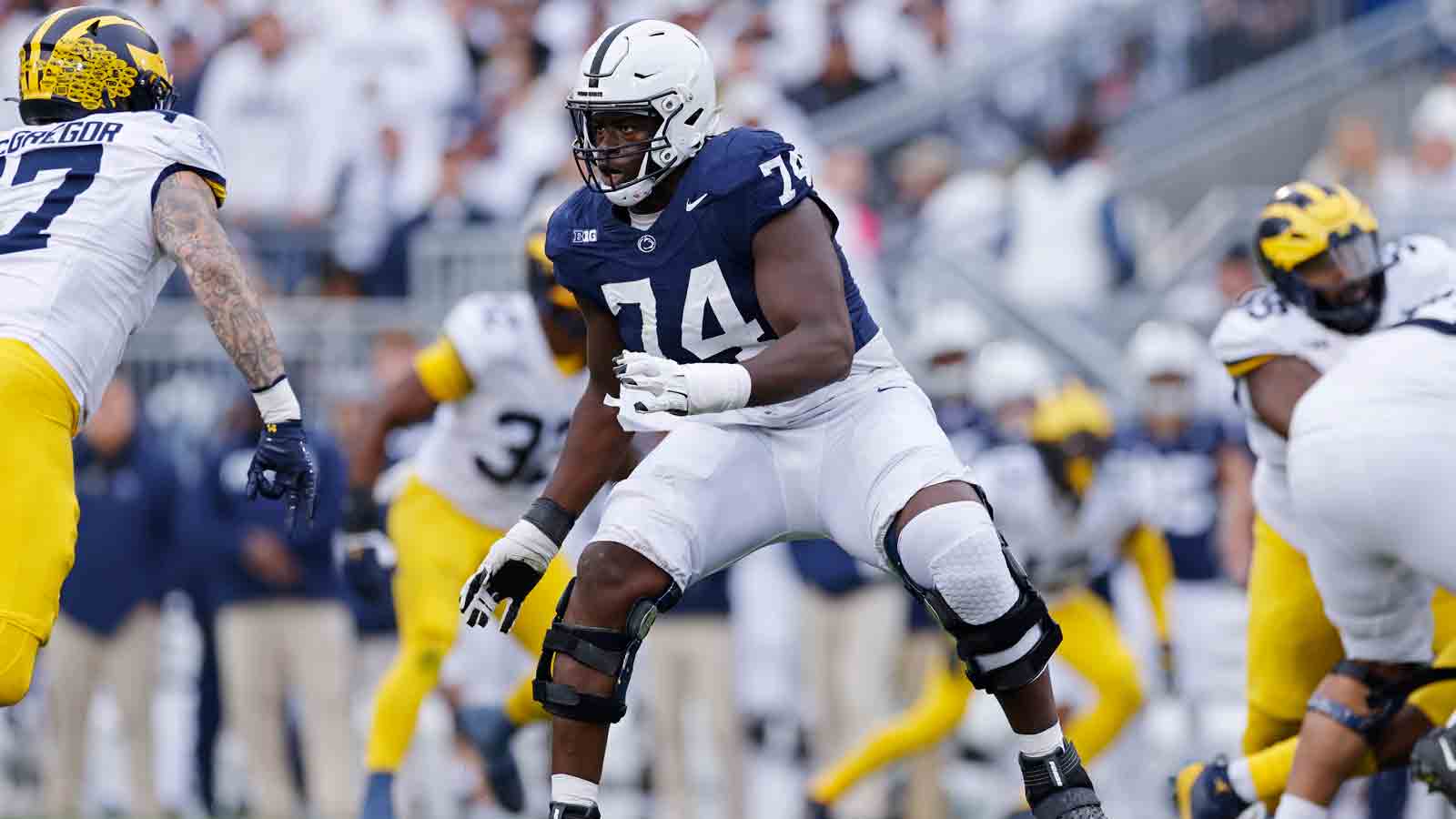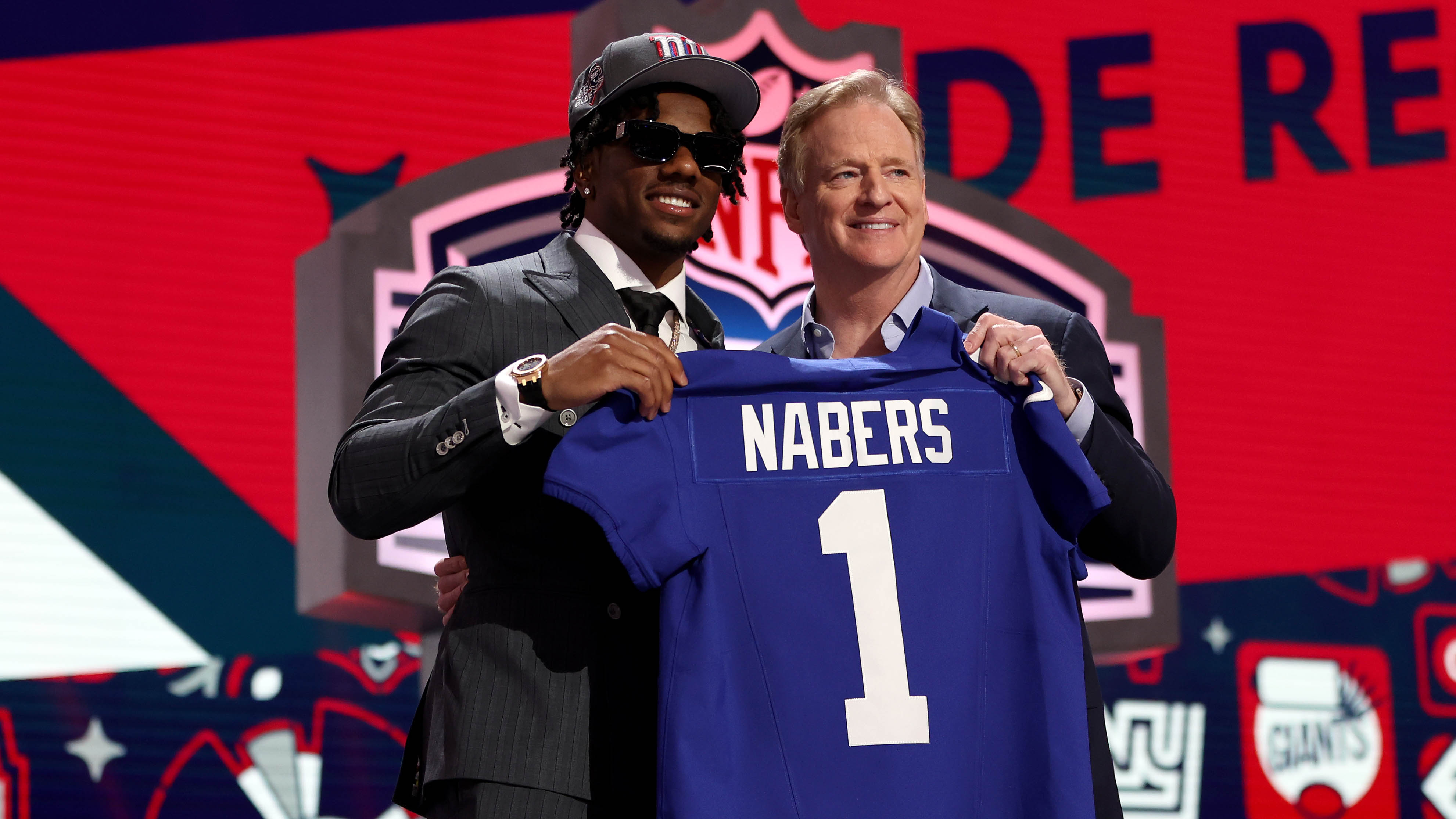What to Know
- New Jersey legislators granted themselves subpoena power Thursday as they begin to look into last month's crash in Hoboken
- The bill compels witnesses to testify and produce documents related to NJ Transit's financial and operating practices
- More than 100 people were injured and one woman was killed in the Sept. 29 crash
The New Jersey Assembly voted to grant its judiciary committee the power to issue subpoenas as it begins to investigate last month's fatal crash in Hoboken.
The lower house of the New Jersey Legislature voted 71-0 to approve the bill, AR185, which compels witnesses to testify and provide documents related to NJ Transit's financial and operating practices.
The committee will convene at 10 a.m. Friday for a joint meeting with the state Senate's oversight comittee to start looking into the accident. State Transportation Commissioner Richard Hammer is expected to appear.
"We're not to be trifled with," Assemblyman and panel chairman John McKeon said. "This involves safety."
NJ Transit officials and regional transportation exports have been invited to testify on funding, operations and safety concerns at the agency. Train control technology will be another key point of focus.
The crash occurred Sept. 29 when a NJ Transit train crashed into Hoboken Terminal platform after the engineer failed to slow down as it approached, killing one woman and injuring more than 100 others.
Local
The National Transportation Safety Board said the train was traveling at 21 mph — more than twice the 10 mph speed limit — before it went past the bumping post at the end of the track.
The NTSB is still investigating the crash. It may be over a year before the investigation results are released.
NJ Transit had a significantly higher accident rate during that span than the rest of the nation's 10 largest commuter railroads, ranked by weekday ridership, and had the highest rate of accidents attributed to human factors, such as speeding and drug impairment. In all, the accidents have caused more than $6 million in damage and injuries to 13 passengers.



